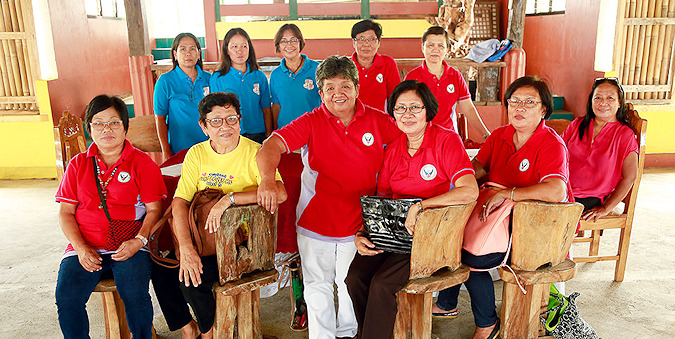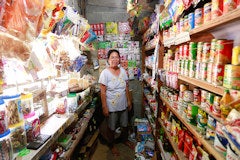Migration Philippines

The promotion and protection of women migrant workers’ rights is critical to the advancement of the human rights agenda. UN Women is committed to promoting women migrant worker’s rights and protecting them against exclusion and exploitation at all stages of migration, and is working on gender-sensitive, human-rights based solutions to improve the status of all migrant women and to ensure that migration enables equitable and inclusive growth and human development for all.
Toward this end, the UN Women Philippines Project office implements the Global Initiative on Promoting and Protecting Women Migrant Workers’ Labour and Human Rights: Engaging with international, national human rights mechanisms to enhance accountability, a three-year project (2014-2016) focusing on research, capacity building, and advocacy project funded by the European Commission, with Philippines as a pilot country (Mexico and Moldova as the two other pilots).
Even though the Philippines have relatively advanced experiences in migration policies and administration compared to other countries in the region, much more efforts are required to enhance the focus on gender-sensitive migration policies and practices. The project promotes gender-responsive migration in the Philippines by developing key policy strategies and recommendations, enhancing stakeholder collaboration and facilitating national-owned process that led to important legislative changes for more gender-responsive migration laws in May 2016. Building on an established platform of knowledge on the developmental impacts of migration, the project analyzes migrant remittances and asset building from a gender perspective. This illustrates the multiple contributions of women migrant workers to the Philippines’ economy and overall development, including areas for the empowerment of women migrant workers. The Philippines pilot has been the first to model a sustainable approach to capacity development on gender, migration and development, using a context-specific training of trainers’ approach as well as capacity development targeting key government migration agencies and women migrant workers’ organizations, including their support groups with subsequent plans to institutionalize these efforts for long-term sustainability.